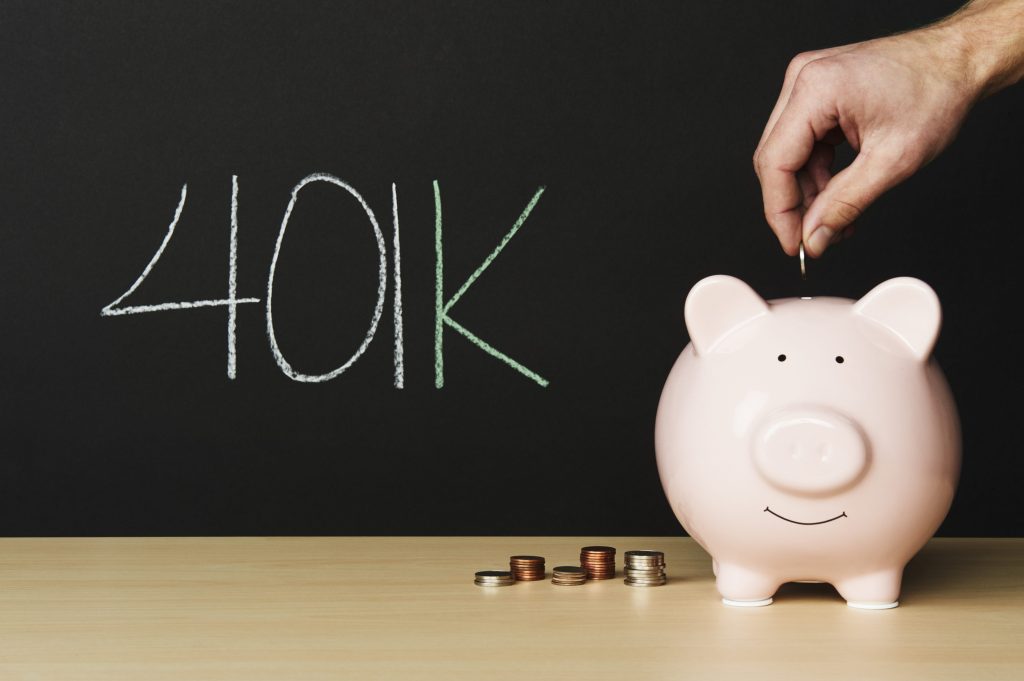Many people have a 401(k) retirement savings plan, better known simply as a 401(k). A 401(k) plan is one of the most common and desirable benefits offered by companies to their employees. It is a retirement plan that has significant tax benefits. However, there are many regulations around how the money in a 401(k) plan can be used. It is important that people who have 401(k) plans understand these regulations so that they can maximize the benefits of these plans.
Read on to learn more about 401(k) plans.
What is a 401(k)?
A 401(k) is a retirement plan offered by an employer to their employees. It is also possible for self-employed people to set up a 401(k), though it is far more likely that people with this plan were offered it through their current or past employer. This retirement plan gets its name because the relevant legislation is Section 401(k) of the Internal Revenue Code.
A 401(k) is known as a “defined contribution” plan. This is because contributions must be made for set amounts on a defined schedule. These contributions are taken directly out of an employee’s paycheck before they receive their take-home pay. 401(k) contributions frequently take place every two weeks, because this is how often most salaried workers are paid.
It is common for employers to match an employee’s 401(k) contributions up to a certain percentage of the employee’s salary. This is especially common for highly paid positions that offer comprehensive benefits packages. Employers will most commonly match an employee’s contribution up to three or four percent of their salary, though this varies widely.
There are two main types of 401(k)s: traditional 401(k)s and Roth 401(k)s. Traditional 401(k) plans allow people to deduct their contributions from their income when they file their taxes. Roth 401(k) plans do not allow this, but they do allow people to pay less capital gains tax.
The benefits of a 401(k)
401(k) plans are very popular because they offer several important benefits. These benefits include tax deferrals, employer-matched contributions, and low-interest loans.
Tax Deferral
One of the biggest benefits of 401(k) plans for most people is the opportunity to defer a certain percentage of income tax. This is possible because 401(k) plans use contributions that are taken out of people’s paychecks before the amount of the contribution can be counted as income. You will not have to pay income tax on this amount until you start making withdrawals. People usually do this after they have retired, which means they will likely be in a far lower income tax bracket. This means that utilizing a 401(k) plan can help you save money on taxes in the long run.
Matching Contributions
The vast majority of employers who offer 401(k) plans to match employee contributions up to a certain level. As previously mentioned, this is commonly three to four percent of the employee’s income. The employer contributions to 401(k) plans are essentially free money for the employee. While a three to four percent higher income may not seem like much, it’s important to note that 401(k) plans will invest the amount your employer contributes.
Low-Interest Loans
Perhaps the most overlooked benefit of 401(k) plans is that the account holder can take out loans using the 401(k) plan as collateral. These loans will have low-interest rates because they are secured by the 401(k) plan. You do not have to pay interest on a loan from a 401(k) plan. However, it is important to note that loans from 401(k) plans can only be used for specific purposes. These purposes include purchasing a primary residence or covering sudden expenses, such as those from medical bills.
